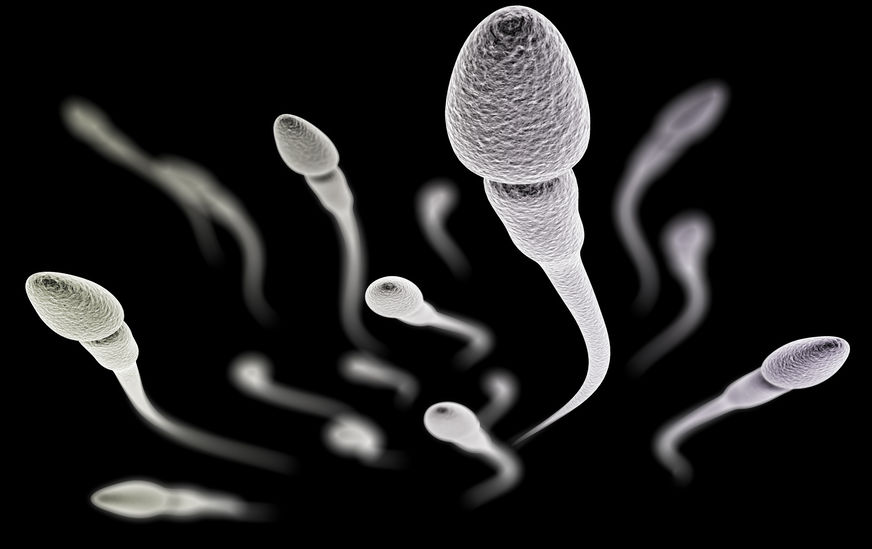The Science of Sperm: How This Microscopic Organism Travels Great Distances
September 13, 2019 by Justin Lehmiller
Sperm and other microscopic organisms don’t have an easy time traveling from Point A to Point B. When an organism is that small, traveling just one inch is actually an incredible undertaking because they’re fighting against much more resistance. So how do they do it?
The fascinating TED-Ed video below explains the science behind how sperm and many other microscopic organisms are ultimately able to travel great distances relative to their tiny size. This video will change the way that you think about sperm and how they move. A lot of people picture them simply waving their tails back and forth, but the actual movement they make is far more complex than that. Check out the full video to learn more.
Watch more videos on the science of sex here.
Want to learn more about Sex and Psychology ? Click here for previous articles or follow the blog on Facebook (facebook.com/psychologyofsex), Twitter (@JustinLehmiller), or Reddit (reddit.com/r/psychologyofsex) to receive updates. You can also follow Dr. Lehmiller on YouTube and Instagram.
Image Source: 123RF/razlomov
You Might Also Like:

Dr. Justin Lehmiller
Founder & Owner of Sex and PsychologyDr. Justin Lehmiller is a social psychologist and Research Fellow at The Kinsey Institute. He runs the Sex and Psychology blog and podcast and is author of the popular book Tell Me What You Want. Dr. Lehmiller is an award-winning educator, and a prolific researcher who has published more than 50 academic works.
Read full bio >


